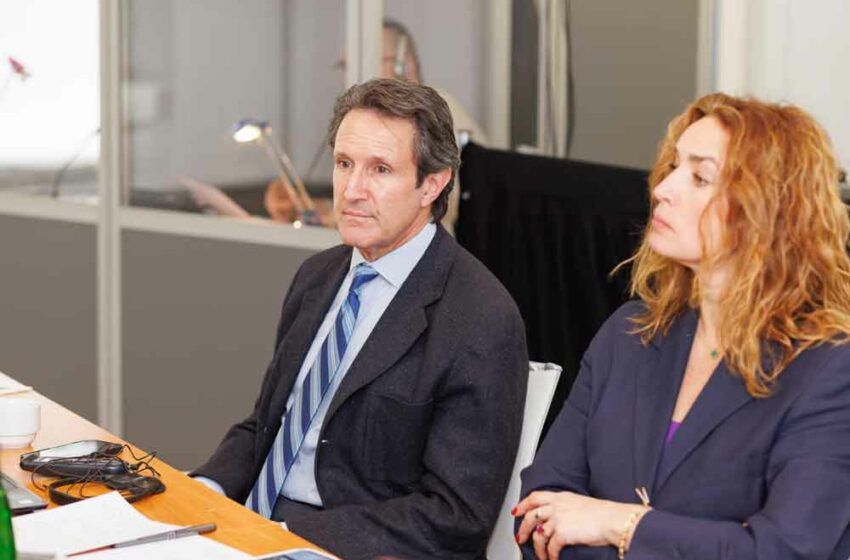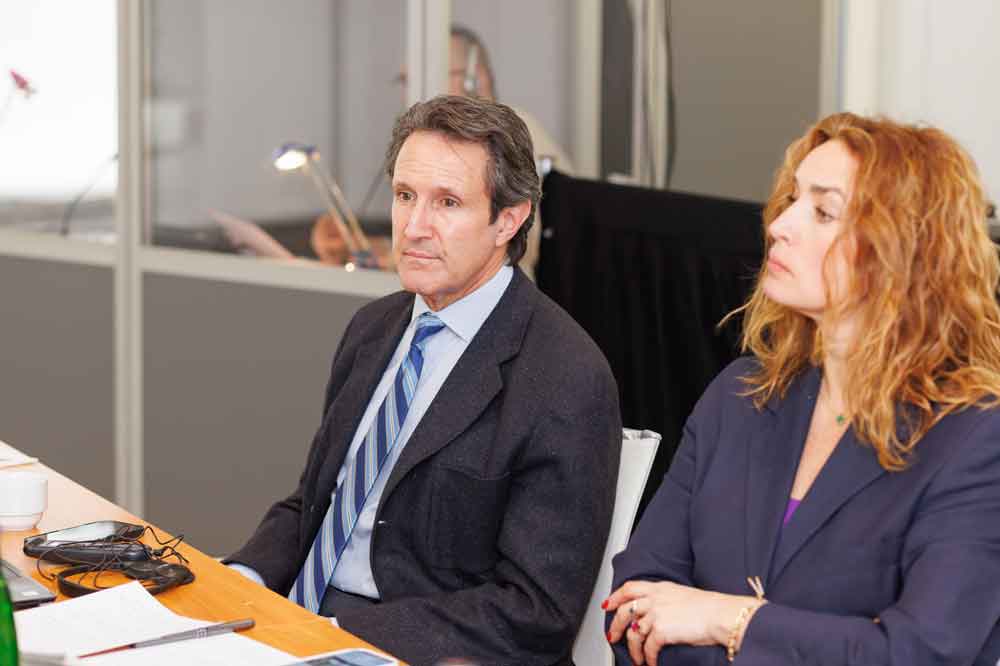Experts Urge Greater Urgency on Smoking
- Featured Harm Reduction News This Week
- February 26, 2024
- 0
- 3 minutes read


The nongovernmental organization Healthy Initiatives convened an international forum Feb. 14-15 in Prague, bringing together a diverse array of healthcare professionals, public health experts, economists and scientists from seven countries to address the challenges to making greater progress in smoking cessation.
Despite initial strides in implementing tobacco control measures outlined by the WHO’s Framework Convention on Tobacco Control, data shows smoking remains a critical public health concern across Eastern Europe and Central Asia.
The forum shed light on the ongoing challenges and opportunities in combatting the smoking epidemic, with a particular focus on countries such as Ukraine, Moldova, Georgia, Kazakhstan and Turkey. High rates of smoking persist, especially among men, with up to 50 percent identified as daily smokers in some of those countries.
Cliff Douglas, President and CEO of the Foundation for a Smoke-Free World, emphasized in his keynote speech the urgent need for intervention, highlighting smoking as the leading cause of preventable deaths globally. He underscored the transformative impact of providing support for smoking cessation, promoting healthier choices and ultimately saving lives.
“It’s quite clear there needs to be a much greater focus on providing smokers with support and alternatives, and clinicians in the region need and deserve additional educational resources. That can be done, and I congratulate Healthy Initiatives on playing a critical and enabling role in that endeavour,” said Douglas.
A major concern raised during the discussions was the lack of adequate smoking cessation programs and wider support for adult smokers attempting to quit.
The ongoing instability in the region, exacerbated by Russia’s invasion of Ukraine, has further contributed to the stubbornly high smoking rates. The link between war and tobacco use is well documented, and there are concerns rates in Ukraine are climbing due to a rise in mental health conditions and poverty levels.
“The consequences of war in widening societal inequalities will inevitably result in higher smoking rates, illness and death. This is an issue I feel passionately about and will be continuing to explore what more I, and the Foundation, can do to help the incredible, dedicated health leaders in this region,” Douglas added.
Experts presented a range of research findings at the conference, including forecasts of morbidity and mortality based on tobacco restrictions, strategies to combat illegal trade’s impact on smoking, analysis of smoking trends and harm-reduction products, and the correlation between mental health and tobacco control efforts.
“The gathering in Prague should act as an urgent call to action for public health leaders in the region,” said Nataliya Toropova, founder of Health Initiatives. “Smoking rates are not falling fast enough. We need collaborative efforts to combat the smoking epidemic, and that can only be achieved by pooling our expertise and resources. There’s the expertise and evidence to develop effective strategies to support smokers and promote healthier lifestyles, but we need decision makers to move the issue higher up on the priority list.”
